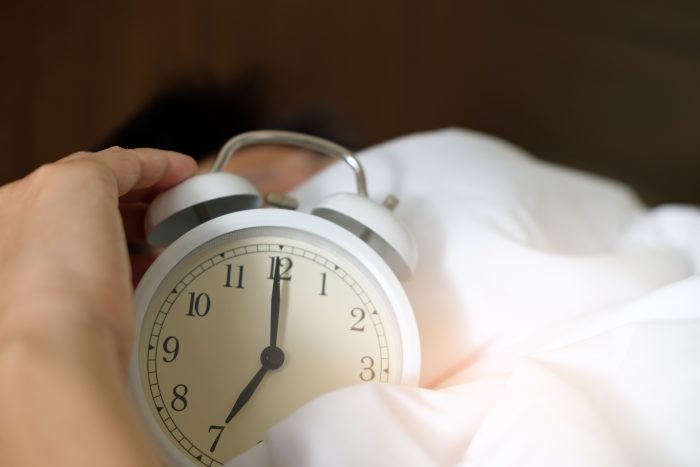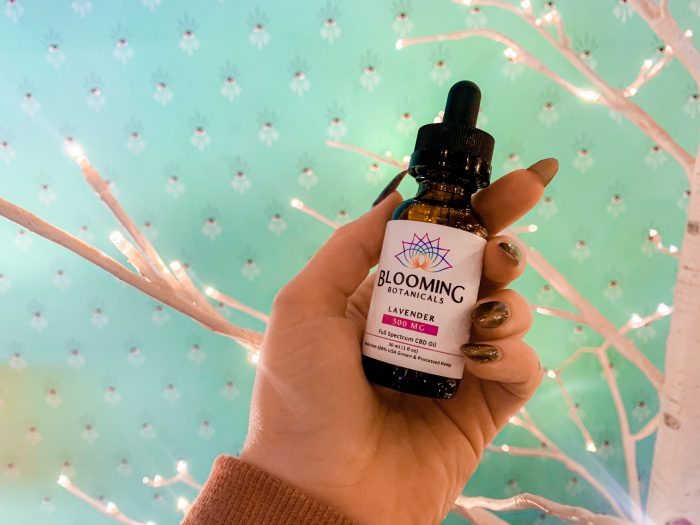Sleep— it’s a universal need for everyone, and it’s so important to so many functions of our lives, even ones we may not realize. It’s imperative to get the right amount for your body, brain, emotions, and more. The National Sleep Foundation guidelines advise that healthy adults need between 7 to 9 hours of sleep per night. Babies, young children, and teens need even more sleep to enable their growth and development.

The Benefits Breakdown:
Why is sleep so important, and what can you do if counting sheep just isn’t helping? Let’s first consider the benefits of sleep, and then we’ll share a few tips that work for us!
- Immune System: We recently shared 11 different ways to boost your immune system; here is a twelfth! Sleep and your immune system are deeply connected because our immune systems are working hard while we sleep. Studies have found, though, that inflammation occurs even when a person isn’t actively hurt or sick. This inflammation could be harmful to us during waking hours and our bodies have evolved so that our immune systems can process and heal this inflammation every night, keeping us healthy.
- Brain Function and Memory: Our brains are magnificent in that they never stop working, even when we sleep. While we’re away in dreamland, our brains are processing emotions and consolidating memories from the day. This is a big reason you’re more likely to be grumpy and or have a hard time remembering things when you’re tired. If your brain doesn’t have enough time to process all of our experiences from the day, it makes it much more challenging to take in new information the next day. Even though it’s still working, sleep gives your brain a rest and a chance to be alert and ready for the next day.
- Mood: Have you ever woken up feeling well-rested before your alarm goes off? It’s a great feeling and an amazing way to start the day. This is because sleep impacts your mood and ability to tackle challenges with a positive outlook. One large study even showed that when you have insomnia, you’re more likely to develop depression, and your odds of anxiety or panic disorders are also greater. The saying about getting up on the right side of the bed may just have some truth behind it in that, enough sleep will help you wake up well-rested, happy, and ready to tackle the day.
- Physicality: When we sleep, our bodies are recovering and healing, including muscles and skin. Additionally, sleep helps to restore energy and motivation, which is a key factor in showing up to workout. You may have heard of the saying, 80% is showing up. Proper rest truly does set you up for your best performance. It helps you improve mentally and physically as it improves your muscle growth and reaction times.
- Heart Health: While you sleep, your blood pressure goes down, giving your heart and blood vessels a bit of a rest. The less sleep you get, the longer your blood pressure stays up during a 24-hour cycle. Consistent high blood pressure can lead to major issues like heart disease and stroke. Keep your heart health in check by getting enough shut-eye every night.
- Weight Maintenance: Ever have unhealthy cravings after a night of little sleep? When we don’t get enough sleep, our bodies produce a hormone called ghrelin that boosts appetite. Additionally, the body decreases the production of leptin, the hormone that tells us we’re full. Put the two together, and you’re in for some hard-to-satisfy munchies. With a proper night’s sleep, it’s much easier to be satisfied by healthier food options like fruits and veggies, which can also help improve our overall well-being as an added bonus.
Having trouble sleeping? Don’t worry, we’ve got you with these simple tips:
If you’re finding it challenging to fall asleep or stay asleep, there are so many natural solutions that can help! Building good sleep habits is essential to not only getting enough sleep but getting restful sleep as well.

- Keep a routine: One of the best ways to make sure you’re getting the right amount of sleep is to stick to a sleep schedule, even on the weekends. Keeping a regular sleep schedule will help set your circadian rhythm, the natural, internal process that regulates the sleep-wake cycle. By going to sleep and waking up at the same time every day, your body will learn to adjust to the new rhythm, making it easier to fall asleep at night and wake up refreshed in the morning.
- Meditation: When counting sheep fails, turn to meditation as a way to wind your brain, body and emotions down from the day. Start by finding a quiet area to sit or lie down, depending on what feels most comfortable. Close your eyes and breathe slowly, inhaling and exhaling deeply and continue to focus on your breathing. If a thought pops up, recognize its value, let it go, and refocus on your breathing. Meditation is like a muscle and the more you do it, the stronger your ability to reduce noise in your mind as you meditate, leaving you feeling relaxed and calm to fall asleep.
- Unplug: From streetlights to office lighting to cell phones, artificial light is a constant part of our everyday life. Electricity is like a pace-maker for your circadian rhythm. Light exposure in the evening pushes the sleep cycle backward toward a later bedtime. Try shutting your phone off, turning down the lights, and turning off the TV at least 30 minutes before bed to allow your body to naturally wind-down.
- Exercise Early: Getting enough physical activity during the day is important to your overall health, it has even more benefits earlier in the day. Try to get outside early in the morning as it also helps as with regulating your circadian rhythm, keeping you awake and alert in the daytime.
- CBD: Among the many benefits like reduced anxiety and improved relaxation, CBD has potential to be an effective sleep aid. As an alternative, natural method to help calm anxious thoughts, it can help the clam the mind before bed by reducing thoughts that often delay or interrupt quality sleep. In fact, a 2017 study showed that CBD may have therapeutic potential for the treatment of insomnia as well.
- Lavender: This herbal flower has a soothing reputation as a natural alternative to help you relax, unwind and let go of stress. Not only does it help to reduce blood pressure, heart rate and respiratory rate, lavender may also be able to alter brain waves and reduce stress. One of our favorite bed-time combinations for sleep is CBD with lavender. We have found it so effective, we keep a bottle of lavender CBD tincture on the nightstand to easily incorporate it into our night-time routine.


